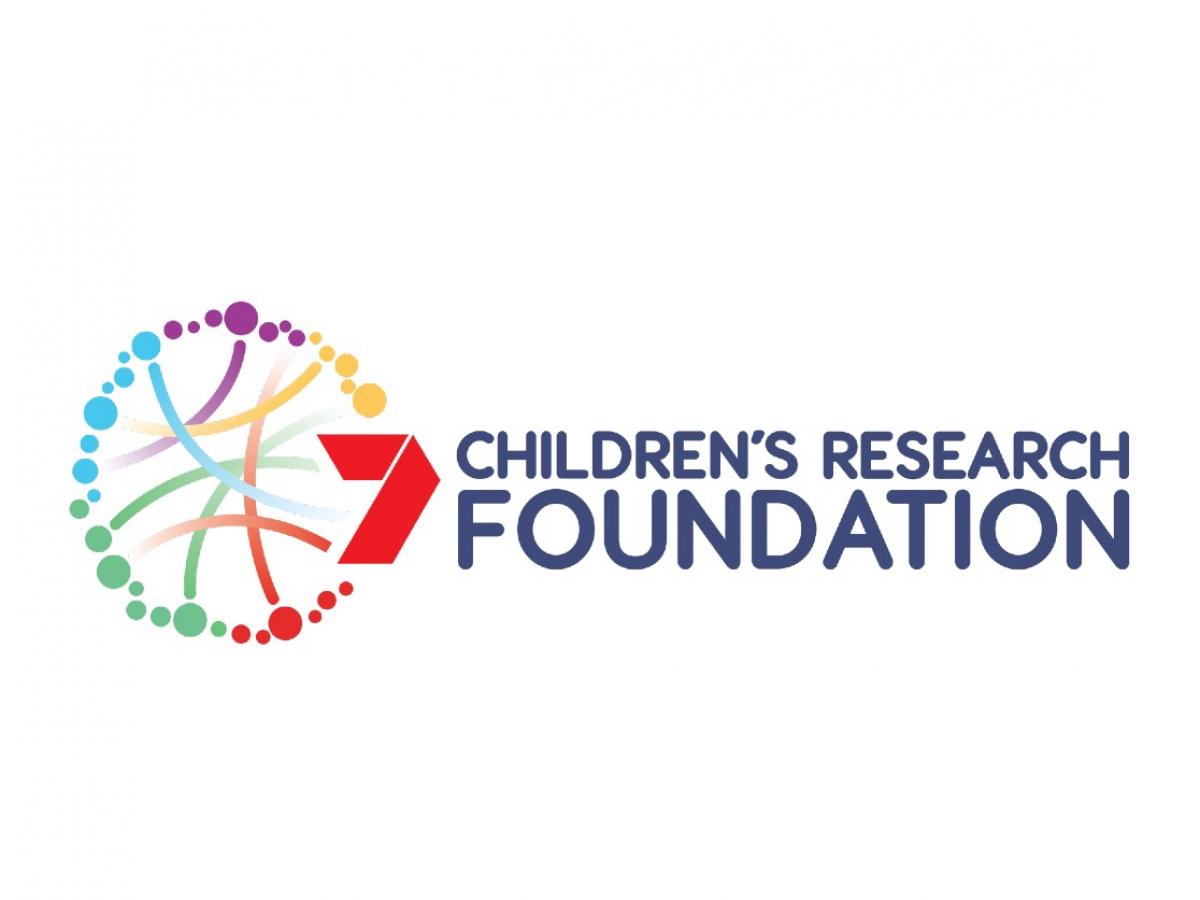Vital medical research supported

The Channel 7 Children’s Research Foundation grants around $1.8 million a year through its Annual Grants, Fellowship and Enabling Grants programs to children’s research conducted in South Australia.
Seven University of Adelaide research projects have together received more than $560,000 in funding from the Channel 7 Children’s Research Foundation for research commencing in 2023.
The projects that have received funding are:
- Can cognitive function be improved in childhood cancer survivors with the use of a custom cognitive gaming suite? Funding: $99,926 over two years.
Led by Associate Professor Lyndsey Collins-Praino, Head of the Cognition, Ageing and Neurodegenerative Disease laboratory, this project will assess the presentation and impact of cancer-related cognitive impairment in childhood cancer survivors and evaluate if a custom gaming system can improve cognitive function and quality of life.
- A new therapy to mature preterm lungs without damaging the brain. Funding: $100,000 over one year.
Dr Kathy Gatford, Associate Professor in the School of Biomedicine, and research group leader in the Robinson Research Institute, will lead a study to establish an effective dose of ciclesonide to mature the fetal lung and improve preterm lung function.
- Reversing fetal growth restriction for better pregnancy and infancy health. Funding: $100,000 over one year.
Dr Macarena Gonzalez, postdoctoral researcher at the Ovarian Cell Biology Group, will lead a study into how a father’s advanced age impacts fetal growth by analysing gene expression and histological defects in offspring tissues.
- When should we vaccinate pregnant women against COVID-19 to offer the best protection to infants? Funding: $90,000 over one year.
The study, led by Professor Helen Marshall AM, Professor in Vaccinology in the Adelaide Medical School, and Deputy Director, Clinical and Translational Research for the Robinson Research Institute, aims to identify the best time to provide a booster dose to pregnant women in order to achieve maximum protection in infants.
- Does the presence of lung infection impact the efficacy of cystic fibrosis airway gene therapy? Funding: $40,060 over one year.
Led by Dr Alexandra McCarron, post-doctoral researcher with the Cystic Fibrosis Airway Research Group, this project will evaluate a new treatment for cystic fibrosis, a chronic, progressive and debilitating genetic illness.
- Contributors to endocrine abnormalities in children and adolescents with sleep disordered breathing. Funding: $39,995 over two years.
Led by Miss Amelia Noone, a PhD candidate from the Paediatric Sleep Disorders Research Group at the Robinson Research Institute, this project aims to identify children with sleep disordered breathing at greatest risk of developing endocrine and cardiovascular diseases allowing early targeted interventions that will improve lifelong health.
- Using genetic models to tackle epilepsy. Funding: $93,488 over two years.
Led by Associate Professor Cheryl Shoubridge, Senior Research Fellow with the Molecular Neurogenetics laboratory, this project aims to use genetic models to find a more effective treatment for developmental and epileptic encephalopathy – a severe form of epilepsy which presents in early childhood.
Established in 1976, the Channel 7 Children’s Research Foundation grants around $1.8 million a year through its Annual Grants, Fellowship and Enabling Grants programs to children’s research conducted in South Australia.
Expression of Interest for the Foundation’s 2024 grant funding round will open in February 2023.
Applications for basic science projects, clinical studies or community-based studies in any area of research relevant to children’s health, education and welfare are considered.
Full information can be found at: https://crf.org.au
Media contact
Lee Gaskin, Media Coordinator, The University of Adelaide. Phone: +61 (0) 415 747 075. Email: lee.gaskin@adelaide.edu.au
